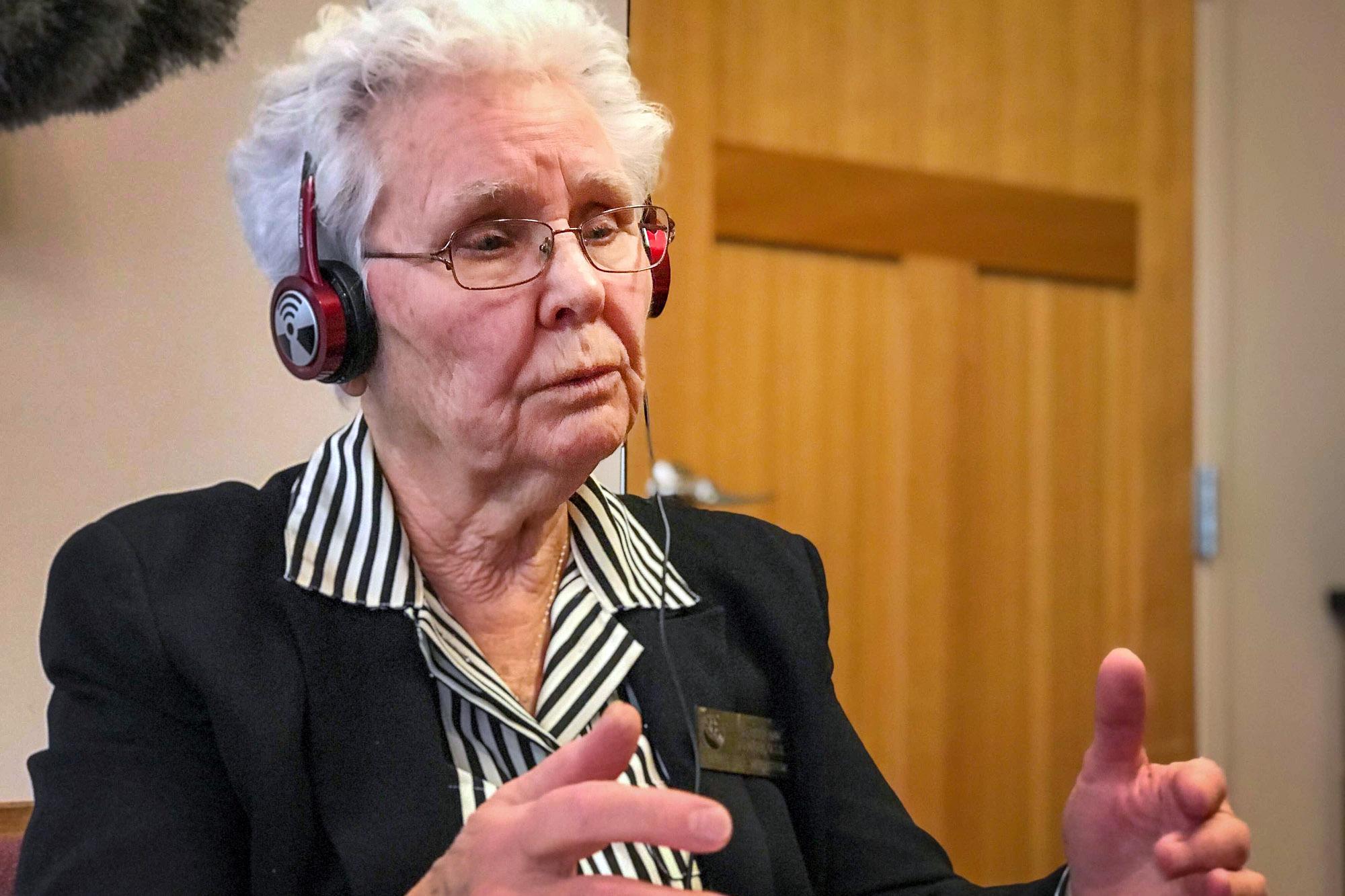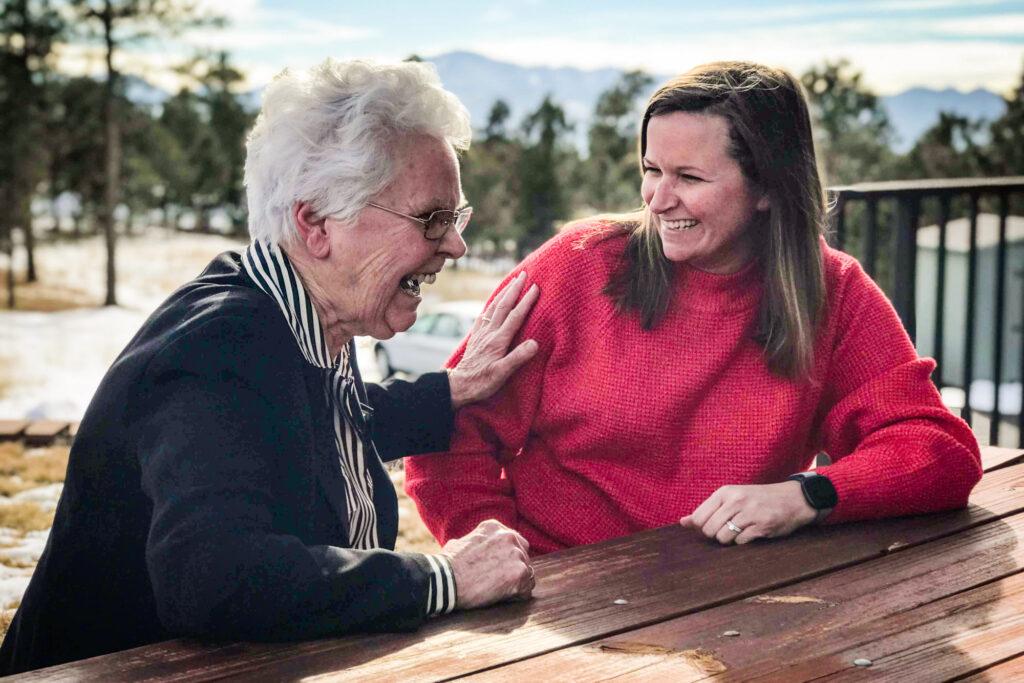
When Sister Rose Ann Barman gave a seminar on sex trafficking to community members in Colorado Springs in 2014, one of the people in attendence asked, “‘Well, what are we going to do about this?’” The Benedictine nun at Benet Hill Monastery wanted to do more than raise awareness; she wanted to provide support for survivors.
Eight years later, Barman partnered with Liz Kosofsky to open Bakhita Mountain House, a non-denominational home, which will be one of the few places in Colorado for adult women who are victims of sex trafficking.
Human traffickers compel victims to participate in labor or commecial sex. While exact numbers are difficult to calculate, the National Human Trafficking Hotline recorded over 10,000 cases in the United States in 2020 (the last year for which data is available). Colorado had 137 reported cases that year, making it among the top 20 states with the highest number of reported cases. A majority of those cases were for sex trafficking.
The Bakhita Mountain House is a two-year program where the six female participants will determine what resources they most need to recover.
The goal is to give the women a place for healing, said Kosofsky, program director for Bakhita. “What we're hoping to offer at Bakhita is a place for people to stop and take a deep breath. To reflect and to look at what they want. Not, ‘What needs to happen right now?’ but, ‘What do I see for myself moving forward?’”
Resources for the women in the program will be based on that decision-making process. It will include basic needs like housing and food, job training and education. If the women choose, they could also have access to activities like yoga.

“Everybody's going to have a different vision of what they want to see in the future for themselves,” Kosofsky said. “What we want to do is walk alongside the individual and help them in identifying what it is that they want.”
Bakhita won’t provide emergency housing for people and residents must be sober. “We're not gonna be the right home for everybody and everybody will not be the right resident for us,” Kosofsky said.
The exact location of Bakhita is a secret to protect the safety of the women who will be housed there.
Bakhita Mountain House is named after Roman Catholic Saint Josephine Bakhita, who was canonized in 2000, making her the first African woman to become a saint in the 21st Century. As a child, in the mid-1800s, Bakhita was kidnapped from her family in Sudan and enslaved. She was eventually sold to an Italian diplomat and was moved to Italy. When she was freed, in 1890, she joined the Institute of St. Magdalene of Canossa. She is the patron Saint for those who are trapped in slavery and human trafficking, and her feast day, or celebration, is Feb. 8.
Barman said she is excited about the home. “Anyone who is a victim of human trafficking — it's not their fault,” she said. “The Bakhita Mountain Home will be a place of rescue and recovery of that trauma because it's such a violation of the human person.”
To report suspected trafficking, call the National Human Trafficking Hotline at 1-888-373-7888 or text at 233733. This hotline is toll-free and confidential. The Colorado Human Trafficking Hotline can be reached at 866-455-5075.








